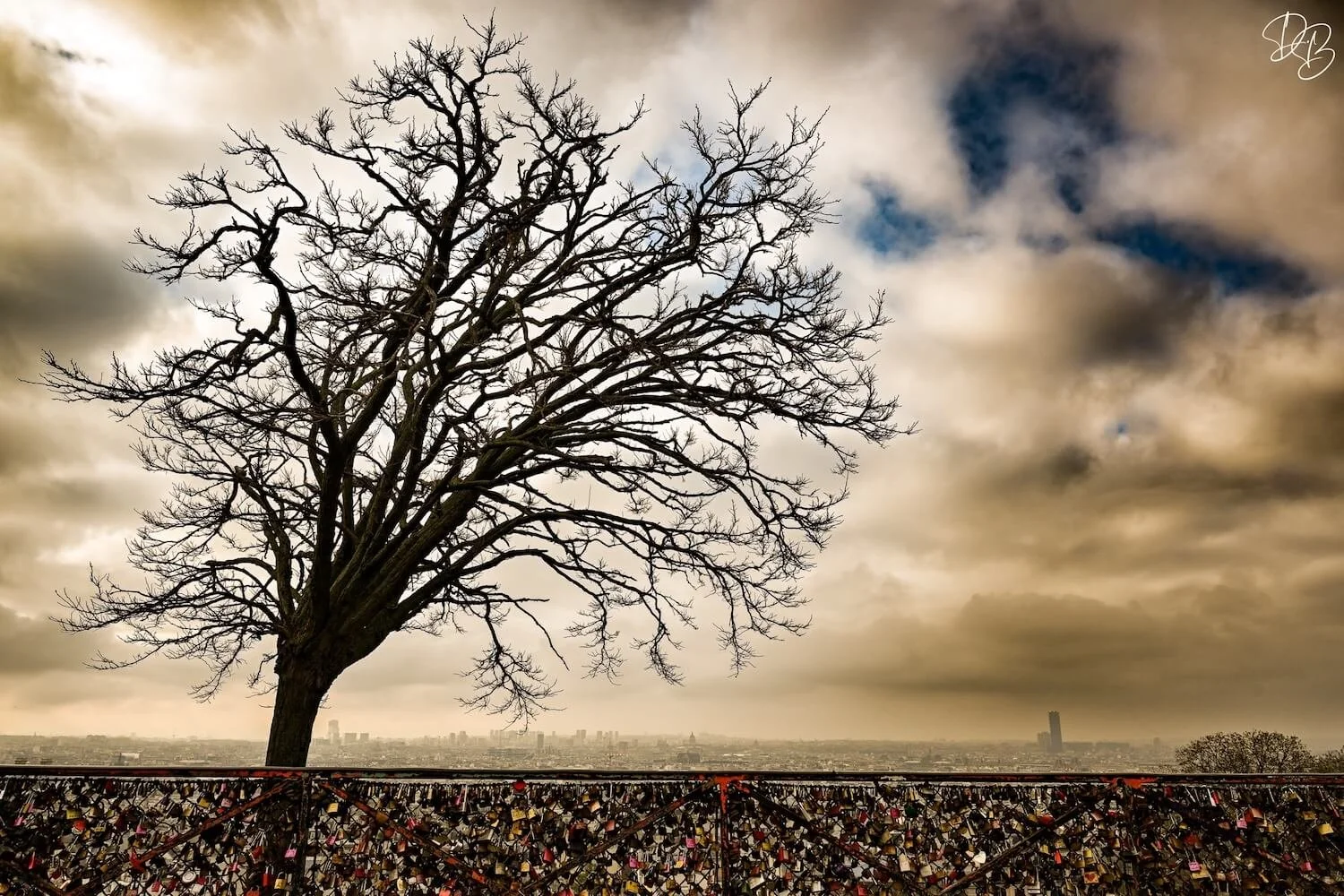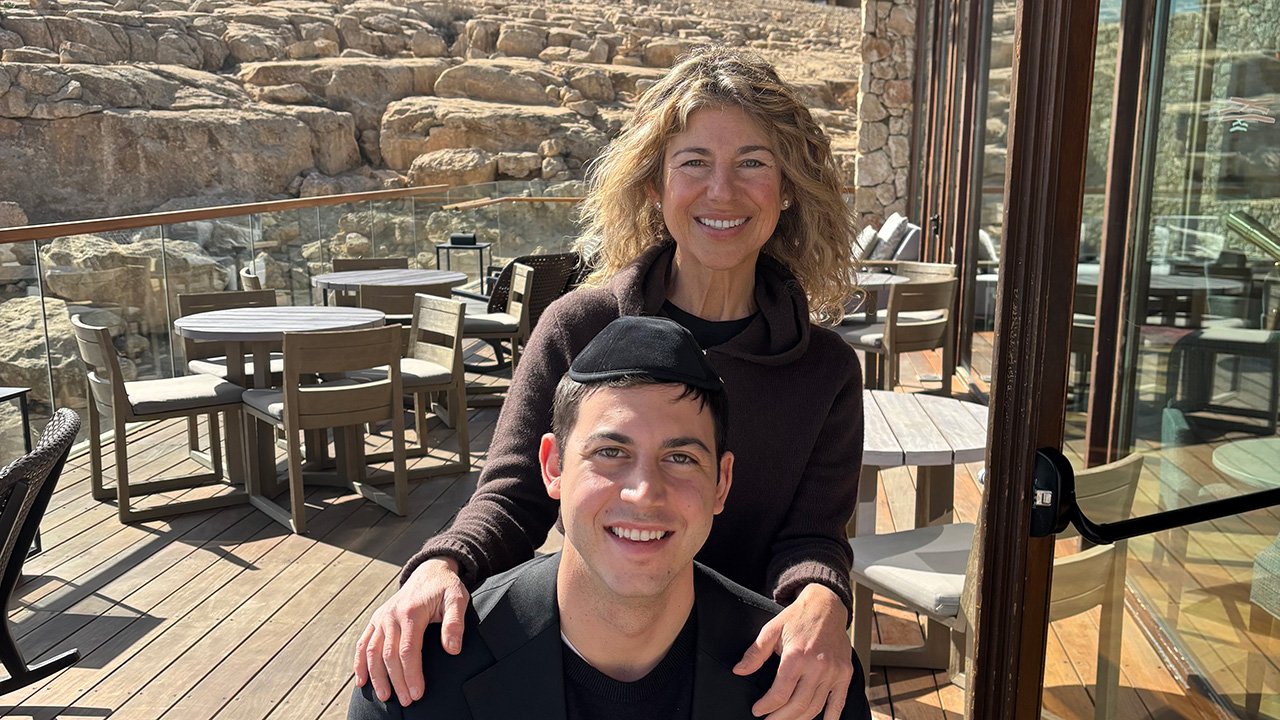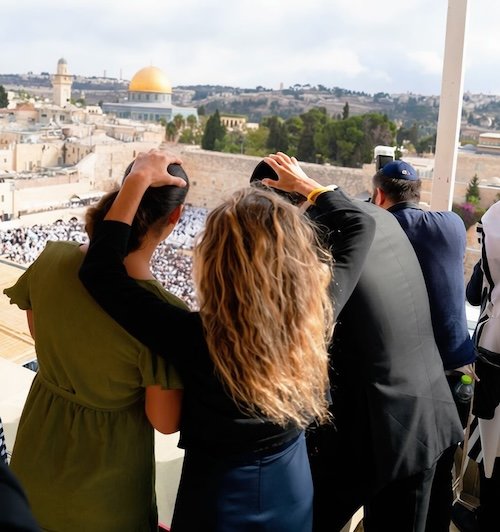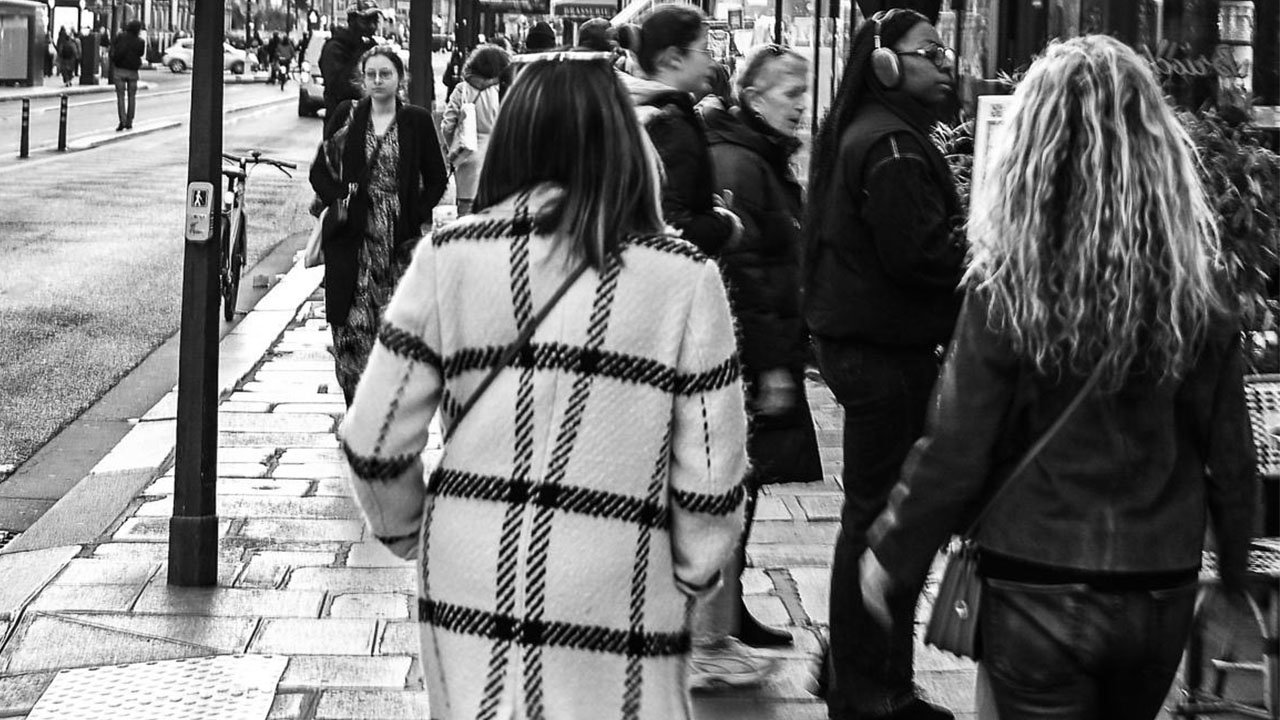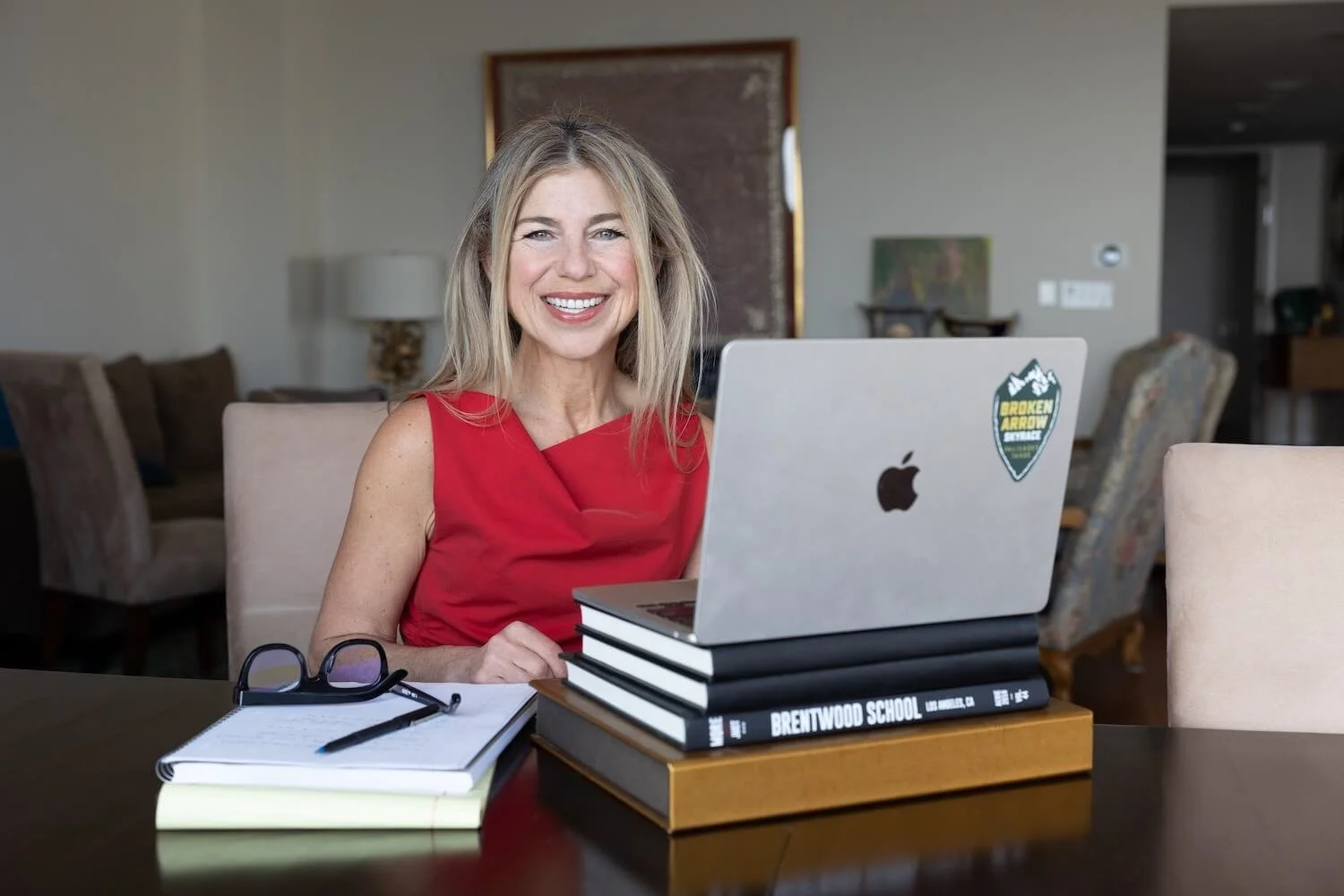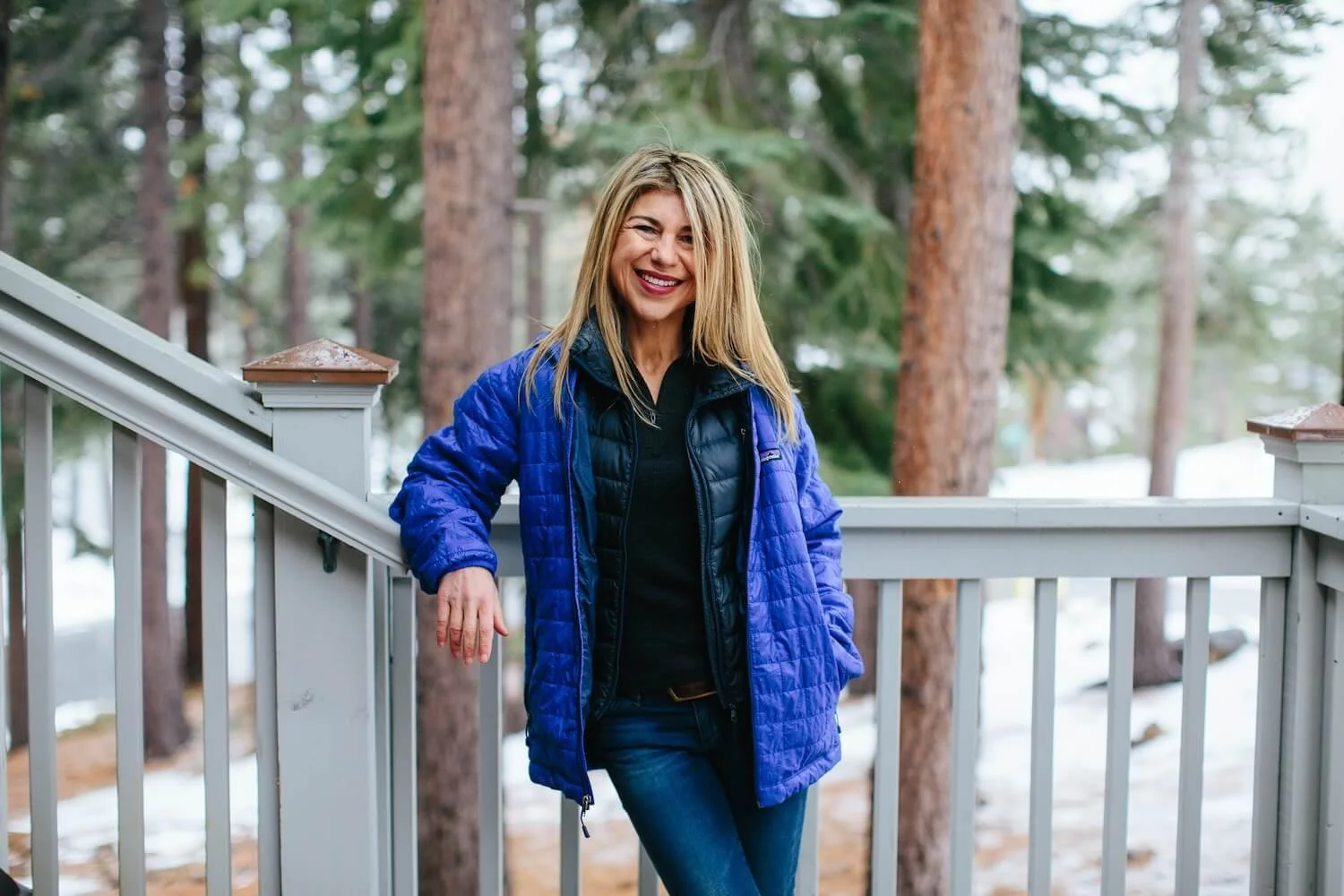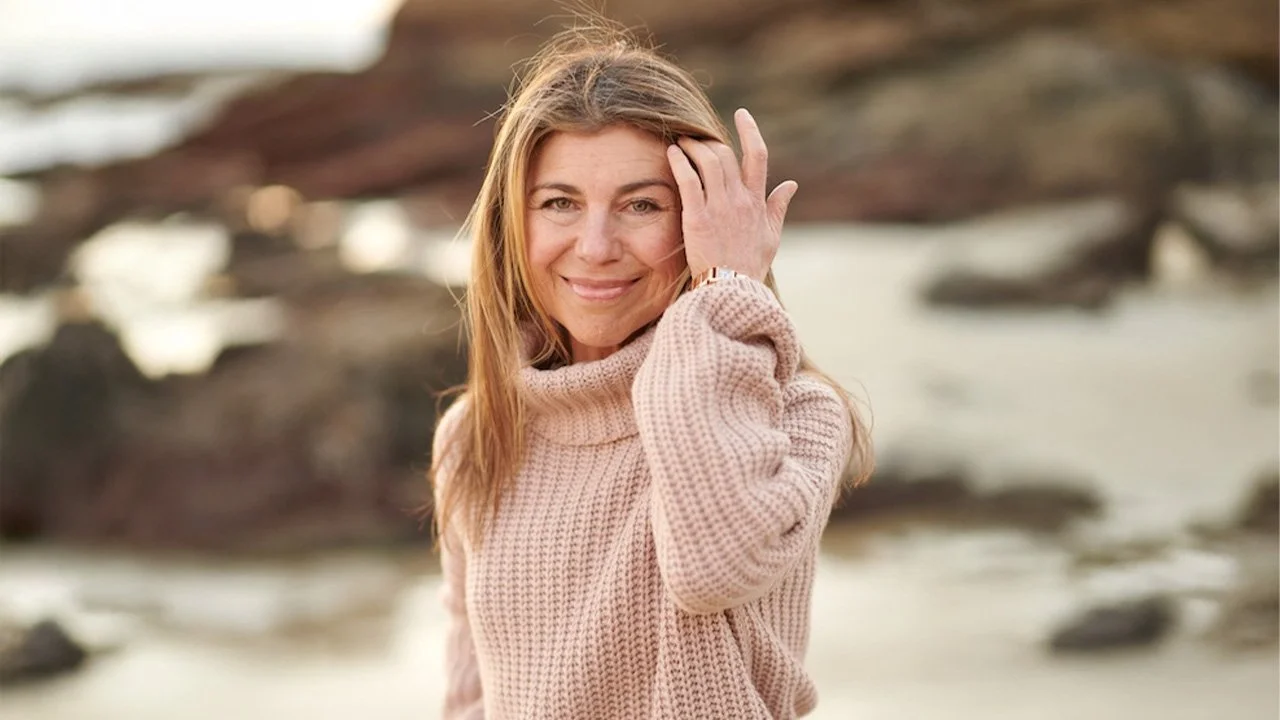The Unexpected Gifts of Loss and Grief
Lately, I’ve been reflecting on how certain emotions can feel like companions—uninvited ones that show up and stay longer than expected.
As a Life and Leadership Coach, I help my clients build the awareness, courage, and skill to sit with their difficult emotions without buffering through the countless distractions available to us—overdrinking, overeating, overworking, porn, social media and every high-achieving person’s favorite go to; toxic productivity.
We buffer because we are afraid that if we allow ourselves to feel difficult emotions fully, we’ll be swallowed by them and unable to return to the rhythms of daily life.
Buffering—our attempt to keep undesirable emotions at bay—may seem like a good idea at first, but the cost is far too high!
When we buffer habitually, over time, we begin to feel half-hearted about every part of our lives, no matter how successful or abundant they may seem from the outside. That halfheartedness shows up in the form of worry, self-doubt, rumination, and guilt—guilt for not feeling happy, despite how hard we worked to achieve everything we thought would finally and fully satisfy us.
This habit of buffering, as seemingly harmless as endless social media scrolling or as devastating as overdrinking, disconnects us from ourselves, others, and life itself.
It’s understandable that we only want to feel the “good” feelings and will go to great lengths to avoid feeling the “bad” ones.
But the emotions we label as “bad”, like…
Sadness
Anxiety
Worry
Humiliation
Boredom
Anger, and
Fear
—when resisted or left unacknowledged, have a way of circling back to our lives, magnified and more intense than before.
But today I want to talk about a difficult emotion for which I thought I had the formula.
On September 11th, 2021, I lost the privilege of seeing, hearing, and laughing with Ahmed, my best friend of 40 years. His extraordinary presence in my life was replaced with the companionship of “grief.”
“Ok”, I thought, “I know how to do this.”
But grief…
Grief proved different.
What do we do with this emotion that humbles us, brings us to our knees, and lingers far longer than we ever imagined, turning a single moment into what feels like an unending stretch of time?
Here’s what I’ve learned about grief so far.
It’s here to stay.
It promises to take up less space over time, but it will never entirely vacate the premises of my heart.
It’s the hardest emotion to experience—and yet so intimate that, against all logic, I find myself wanting to hold on to it.
It honors life itself by acknowledging that, no matter what our beliefs about an afterlife, here and now, we no longer have the privilege of sharing a laugh, making a memory, or holding hands with this particular and dear human.
It does not honor our calendars and to-do lists. It shows up when it wants to—and it doesn’t care if the timing is wrong.
It is demanding. It needs space, time, and nourishment. This is an emotion that insists its needs be met, and if we don’t comply, it only grows larger and more commanding.
As an introvert, after Ahmed’s passing, my first instinct was to deal with grief in solitude. I didn’t yet know its dimensions and assumed I could apply the same principles I use to navigate all other challenging emotions.
I planned to give it some time, space, and compassion. But within the shortest period of time, it became abundantly clear that grief requires something much larger—proof of connection. It wants to know that I’m willing to acknowledge and do something about the very thing I’m mourning.
Making friends with grief—allowing it to soften around the edges of my life rather than remain the demanding, needy guest it presented as after Ahmed’s death—was a group effort with my family, friends, and even clients.
I couldn’t have done it without dear and brave Neveen calling me in the last moments of Ahmed’s life and holding the phone to his ear so that I could say, “Goodbye for now, my beautiful friend".
I couldn’t have done it without my daughter flying in from Michigan to hold me close and, through her Millennial point of view, convince me that honoring Ahmed on my social media was not “unprofessional”—an action that led to so many friends sharing their heartfelt condolences and their own experiences of grief with me.
And what about Rachel, my dear friend and client, who bombarded me with every kind of nourishment, knowing, when I did not, that grief demands spiritual, communal, and also physical care.
I didn’t know when I would stop crying unexpectedly, or no longer feel the kind of exhaustion that comes like a wave, the kind no amount of sleep can remedy.
But I came to learn this. Grief cracked open my heart and made it generous in ways I did not think possible. It has made me a more loving, grateful, and compassionate person.
I never wanted to receive these gifts, but I learned that the truest way to honor the life of my extraordinary best friend was to graciously and lovingly accept what the moment offered—the gifts of compassion, community, connection, and love.
Photo Credit: Debbie L. Banafsheha, D. Bana Photography, Translating Moments of Life into Fine Art.
